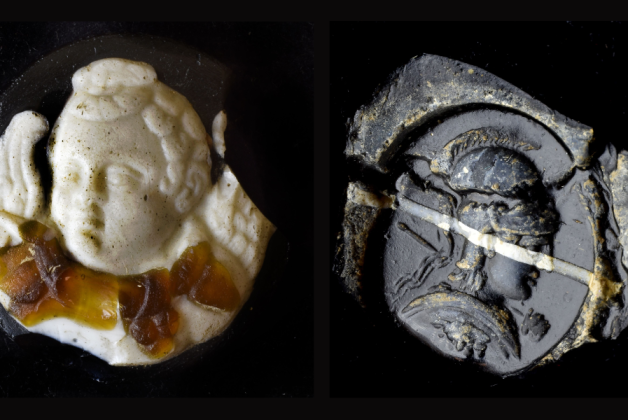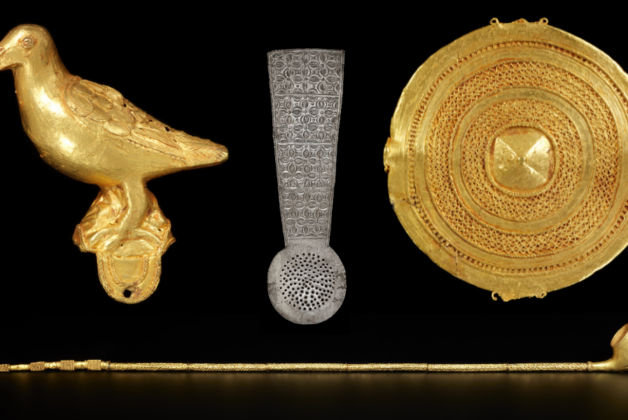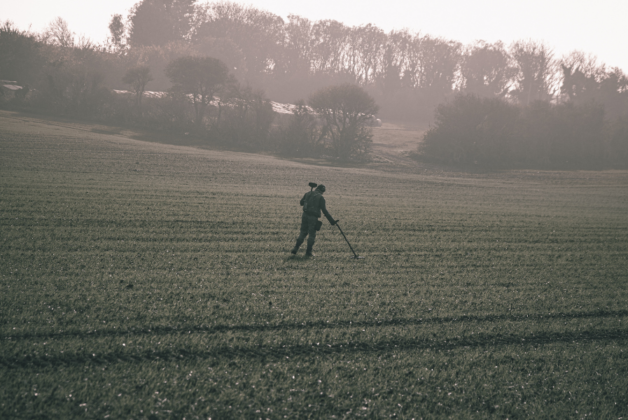Image: The Parthenon sculptures, an oblique view of the sculptures from the East Pediment, Acropolis, Athens, 438-432 BC, British Museum (CC BY-SA 2.0 Carole Raddat)
In a speech to trustees the British Museum Chair hinted at an agreement for sharing the sculptures with Greece, and embracing the museum’s historic controversy
A deal with Greece which sees the Parthenon marbles returned to the country looks more likely after comments this week from the British Museum’s Chair George Osbourne.
In a speech to trustees at the museum’s annual dinner, held in the Duveen Gallery which is home to the sculptures, Osbourne spoke of an approach which embraced the museum’s controversy.
He referenced a long history of controversy surrounding the Parthenon sculptures – also referred to as the Elgin marbles – including the criticism of their purchase for the museum in 1816, and more recently their potential return to Athens.
He said: “For forty years, the Greek state has formally demanded their return.
He said the museum would “look for a partnership with our Greek friends that requires no one to relinquish their claims, asks for no changes to laws which are not ours to write, but which finds a practical, pragmatic and rational way forward.”
He told trustees: “I hope we can reach an agreement with Greece” which “enables these great sculptures to be seen in Athens as well as London” and which “allows other treasures from Greece, some that have never left those shores, to be seen here at the British Museum.”
The museum’s historic arguments against the return of the marbles have been that they are too delicate to be transported, and that the law would not allow for their return.
On the museum’s historic approach, and in reference to the recent thefts which took place at the museum, Osbourne said: “I think too often we’ve thought: let’s keep quiet; if we don’t talk about things that are difficult, then no one else will. And of course, it hasn’t worked.”
“We can’t pretend it didn’t happen, or it doesn’t matter, or that some years ago we weren’t warned.”
“The simple answer to a security breach would have been to restrict access to our treasures – the right answer is to open it up,” he said.
“Our human story is one of debate and disagreement, of conflict and collaboration.How could a collection of our humanity, in all its beauty and barbarity, be anything other than controversial?”





